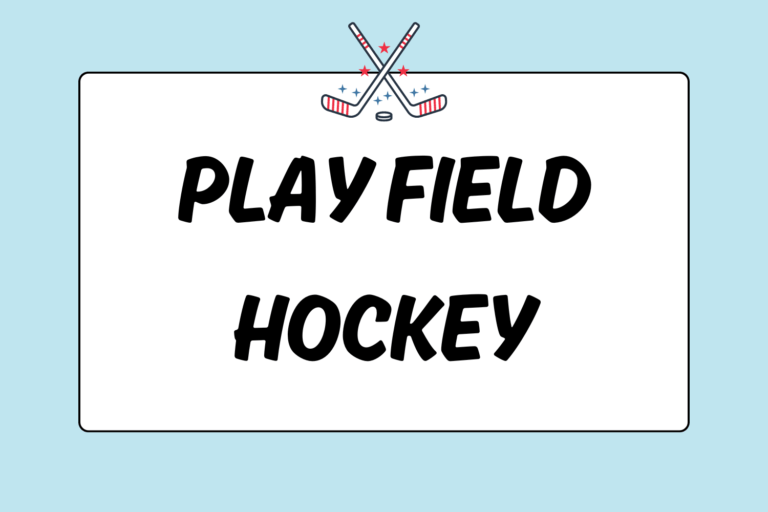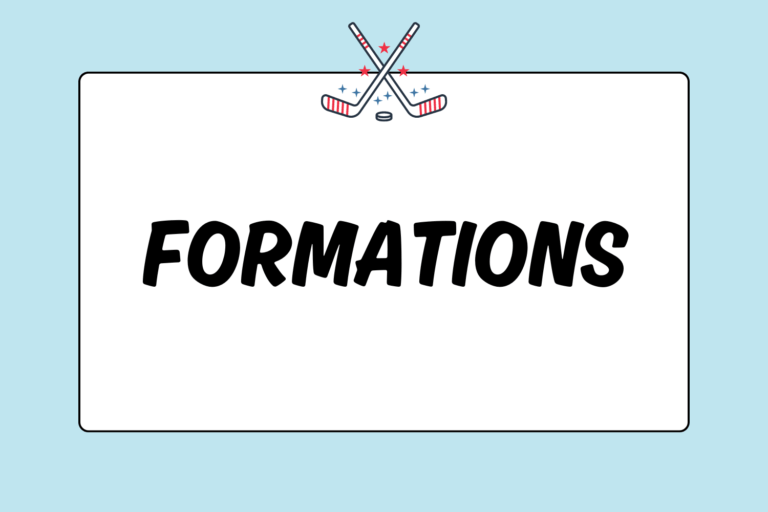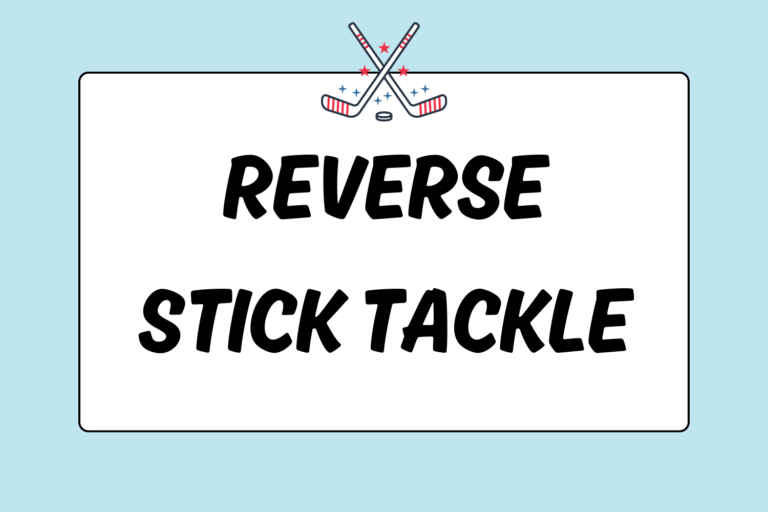The goalie is arguably the most important player in the game because she has the most responsibility. In a team of 11 players, the goalie stands alone. With one save or one mistake, she can either make or break the game. So the goalie not only has to be physically trained, but also mentally prepared. That is why the goalkeeping position is the one of the most respected positions in practically every sport that has one. If you think goalie is the position for you, this guide will give you a few pointers to help get you started.
Equipment
Goalie equipment is very extensive in field hockey, but this is a good thing because you want as much protection as possible to help prevent against injuries. However, because there are so many equipment options, you might have to do a bit of research before purchasing your gear. You’ll need a helmet, mouth guard, chest protector, leg guards, kickers, and a goalie stick. So, start looking!
For more information, visit our guide Buying Field Hockey Goalie Gear.
Hot Tip: Buy Equipment from Vendors
The best place to buy goalie equipment is at tournaments straight from vendors because they generally offer the best deals. Also, because they are looking to unload all of their merchandise, if you wait until the last day of the tournament to buy, you’ll get even better deals. But, if you don’t want to wait for the next tournament, you can do comparison shopping online to find the best deals on equipment.
Be Brave
Once you are all geared up, hop in the goal and have a friend take some soft shots at you. Once you get hit a couple of times, you’ll get over the fear of having a ball shot at you. With the goalie gear, you are completely protected, so you can worry less about getting hurt and more on blocking the ball. Focus on being in the right position, then work on stopping the ball.
Angles
Angles are the most important aspect of playing in the goal. Knowing where you are in relation to the ball and the goal at all times is key to playing the position. The shooting angle is created by drawing an imaginary line from each of the goal’s post to the ball. You always want to position yourself inside of this angle. Work on developing your positioning first, and then move on to developing your other goaltending skills.
For more information, visit our guide, Field Hockey Goalie: Positioning.
Kicking
The pads that cover your feet are known as “kickers.” These pads are used to stop and kick the ball. In field hockey, you are not allowed to lay on the ball or swat at it with your hands. Instead, you must either use your stick to hit the ball or use your kickers to clear the ball out of the circle (kicking is more common). Developing a hard, accurate kick will keep the ball out of the shooting circle and make you’re a lot job easier.
Speak Up!
As a goalie, one of your main duties is to communicate with your defense. This means you will need to learn and recognize all of the defensive strategies and techniques, such as zone and man-to-man marking. Your job will be to communicate with your teammates. You’ll need to be able to tell them which players to defend, which players to mark, and to get out of your way if they’re blocking your vision!
Stretch
Stretching is sometimes overlooked, but it is an important aspect to playing goalie. Just because you are not running for the entire duration of the game, does not mean you are not exercising. When playing goalie, you need to be flexible so that you can make quick movements in front of the goal. You may have to dive, slide, stretch, and kick. So, limber up! Stretching will also help prevent against injuries. Make sure to stretch before practice and during game breaks to stay loose.
Hot Tip: Rapid Fire
You can practice your angles with a drill called “rapid fire.” In this drill, players from your team line up along the shooting circle line and shoot the ball at the goal from every angle. The shots will be taken one at a time, so each player will take a single shot from her spot on the shooting circle. Focus on being in position, keeping your feet together, and clearing the ball with hard kicks.
Practice
Practice really does make perfect. Developing your reflexes and quickening your reaction time will improve your game. You can practice these by having a coach or teammate hit balls at you quickly, forcing you to react immediately to incoming shots.
Stay Focused
It is easy to get discouraged when you first start playing goalie. More goals are going to go in than you will keep out. But don’t worry, it gets easier! Just keep practicing and you will improve. If you want more tips and information for playing goalie, see the links located to the right of this article for related topics and discussions. Good luck!





